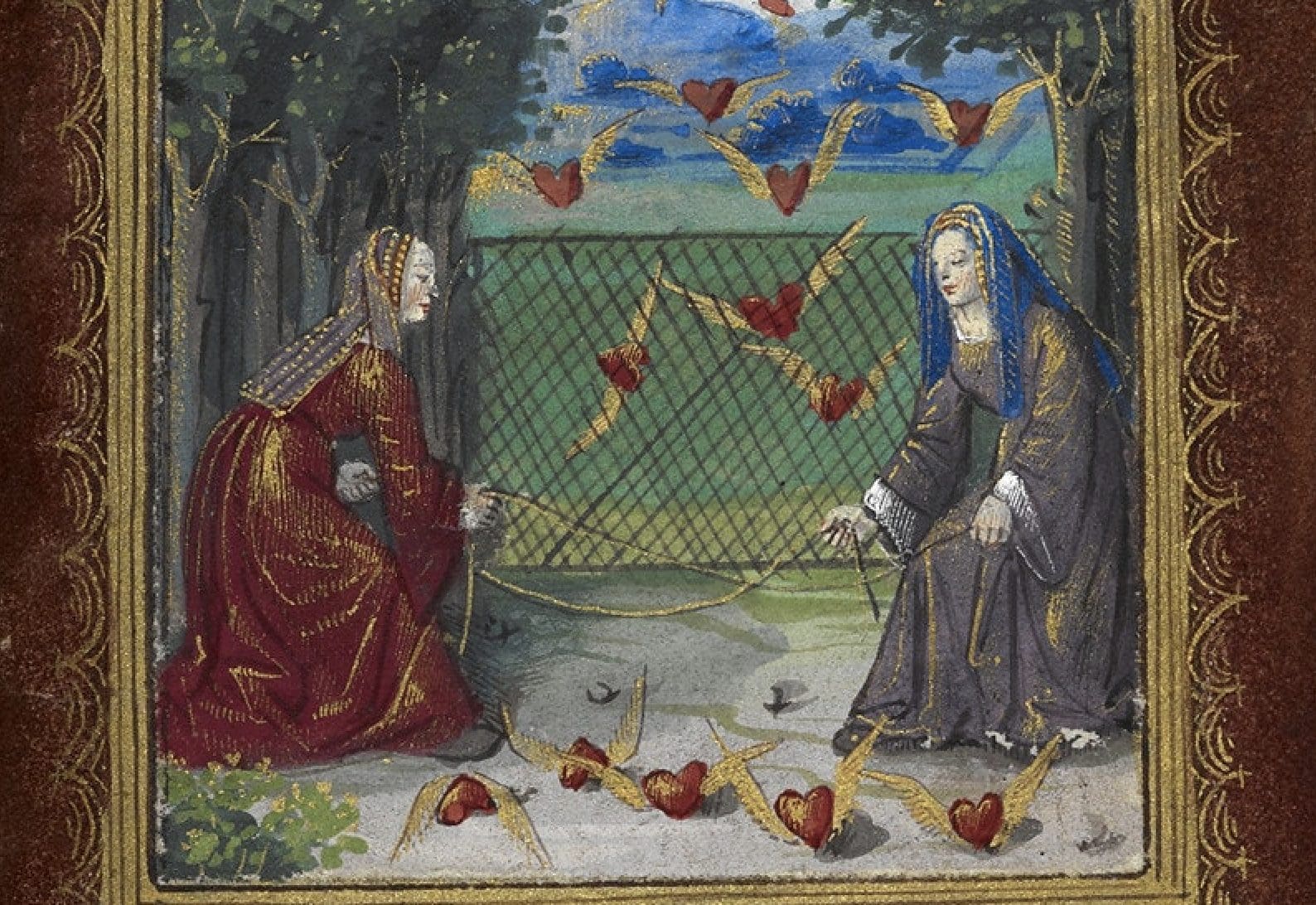
How often does anyone say to anyone “I love you without knowing how, when or from where”? We are so tied to creation stories that the “where did you meet?” and “what is it about her?” and “when are you moving in?” are questions on everyone’s tongues regarding the romances of their friends, their heroes (fictional or otherwise) and themselves. But Pablo Neruda, Chilean diplomat and poet, winner of the Nobel Prize for Literature in 1971 knew that really when it comes down to it, we know nothing about what makes one person love another in that way. You can sign up for it, contrive it, check your list for it, but when it comes, if it comes, usually it will be baffling, upending and immeasurable. In One Hundred Love Sonnets (1959), where this sonnet (written for his wife) was first published, and earlier in his 1924 Twenty Love Poems and a Song of Despair (the best-selling poetry book of all time in the Spanish language), Neruda is one of the only poets who comes close to defining the indefinable with his likening of love to a plant carrying the light of flowers not yet blooming or describing a form in which ‘I am not nor are you.’
One Hundred Love Sonnets: XVII By Pablo Neruda (1959)
I don’t love you as if you were a rose of salt, topaz,
or arrow of carnations that propagate fire:
I love you as one loves certain obscure things,
secretly, between the shadow and the soul.
I love you as the plant that doesn’t bloom but carries
the light of those flowers, hidden, within itself,
and thanks to your love the tight aroma that arose
from the earth lives dimly in my body.
I love you without knowing how, or when, or from where,
I love you directly without problems or pride:
I love you like this because I don’t know any other way to love,
except in this form in which I am not nor are you,
so close that your hand upon my chest is mine,
so close that your eyes close with my dreams.
Main image: Petit Livre d’Amour (Little Book of Love), 16th-century France



